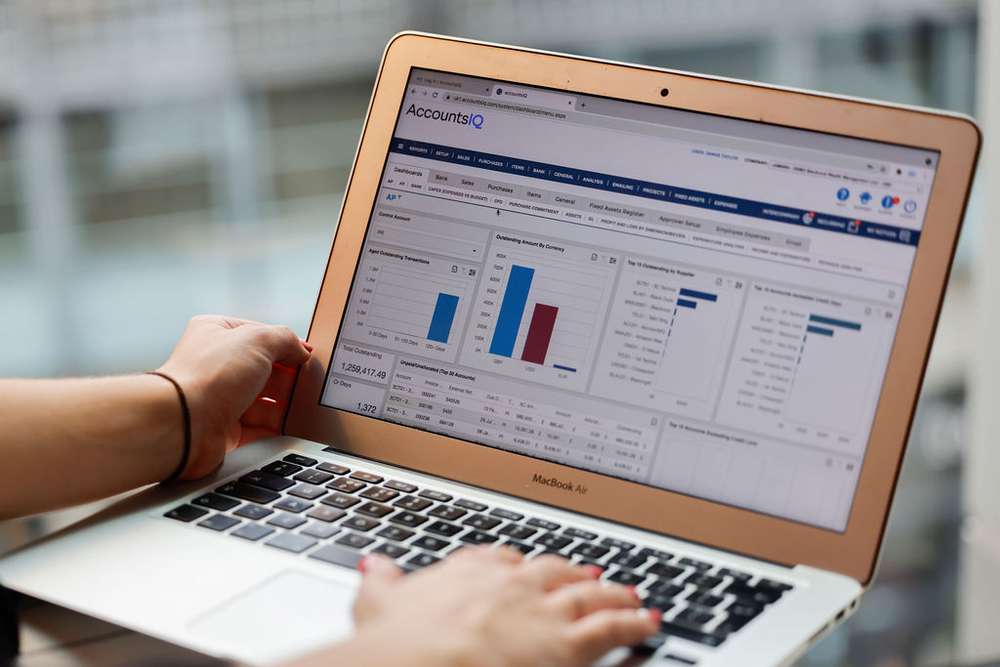What is financial reporting?

Why is financial reporting important?
Financial reporting management involves collating and disclosing timely and accurate financial data about a company. This information is vital to managers and investors as it indicates the financial health of a company or group of companies over a specific period of time. Management teams and investors analyse financial reports to make decisions about the future direction of the company and evaluate potential future profitability, financial stability and whether to finance further investment.
The aim of financial reporting is to show a true and fair view of an organisation’s financial performance during the previous financial year and to show the overall position of its finances at the end of the financial reporting period. Much of the information in financial reports is required by law or by standard accounting practices. For example, accurate financial statements are required for calculating tax liabilities.
However, financial reporting management can also help investors, creditors and financial analysts evaluate a company’s performance. They will use financial reports to evaluate essential metrics such as:
- The safety and profitability of their investments
- Risks to the future returns on investment (ROI)
- The company’s assets and liabilities
- Sales, expenses, profits and losses
- Cash flow
- Shareholder equity.
Comprehensive and reliable financial reporting management also enables leadership teams to:
- Communicate their past successes and future potential to a wider audience
- Make evidence-based business decisions
- Evaluate their assets and asset depreciation
- Identify and mitigate errors or financial reporting discrepancies.
Main types of financial reports
There are four main types of financial management reports.
- Statement of financial position or balance sheet. This comprises assets (such as cash, inventory, machinery etc), liabilities (such as bank loans and long-term creditors) and equity (i.e. the difference between assets and liabilities).
- Income statement or profit and loss statement. This is composed of the company’s earnings (income) and expenses (the costs of running the business).
- Cash flow statement. This shows operating, investing and financing activities.
- Statement of changes in equity or statement of retained earnings. This details changes in the owners’ equity and will include dividend payments and any share capital issued or repaid.
Who uses financial reports?
Financial reports prepared by companies are widely used by multiple stakeholders. The main professional users are likely to be:
- The management of the company
- Auditors
- Government agencies, such as HMRC
- Investors and business analysts
- Banks and other corporate lenders
- Rating agencies, such as Moody’s, Standard & Poor’s (S&P) and Fitch, that assess the financial strength of companies.
- Financial accounts are also used by other interested parties and stakeholders to gain a deeper understanding of a company’s position. For example, these could include current and potential employees or competitors, as well as organisations looking to award long-term tenders for high value work. Customers, the media and pressure groups are also increasingly forensic and are using financial reports to assess a company’s position on multiple environmental and ethical issues.
Who regulates financial reports?
Company law and standard accounting practices require company directors to file a copy of their annual management accounts (with Companies House if registered in the UK or Companies Registration Office if registered in Ireland) and ensure they give a true and fair view. The financial reporting regulations vary depending on company size and structure. You should always seek professional advice if you are unsure of the requirements for your organisation.
What’s the difference between financial reports and management accounting reporting?
The main difference is that:
Financial reports are the mandatory statements of the financial position of the company for analysis mainly by external audiences, such as investors, auditors and regulators. Management accounting reports provide a much broader view of the company and normally include financial and non-financial information. They are primarily used by the management team to help them make informed decisions about company strategy and policy and identify risks to the business.
What should be included in management account reports?
The content of management account reports varies widely and depends on what you are trying to achieve and what data is available to you. For example, management teams can use the data in their financial reporting software to measure KPIs, monitor progress, make forecasts, and support decision-making. Ensuring you are tracking the right metrics will provide insight into underlying trends, help to identify competitor or macro threats to your business, and trigger fresh ideas for managing and growing your business.
Specific metrics for management accounts reports vary from sector to sector. However, there are some common themes. These are the nine accounting reports every CFO should be able to prepare using their Financial Management System (FMS) and present to the management board.
- Cash and cashflow forecast
- OKR reporting (objectives & key results)
- Risks reporting
- Sales forecast or pipeline and conversion rate
- Consolidated & segmented P&L, balance sheet and historic cash flow
- Product/sales mix and concentration
- Segmented gross margin/contribution
- Customer behaviour
- Internal productivity.
This blog gives more details about each of these nine management account reports.
Management teams and boards find immense value in management accounts reports for reviewing the company’s performance and assessing its potential. This is particularly the case when they combine financial and non-financial metrics and future looking and historic looking data. This ensures they have a rich source of information and data sets to evaluate and it enables them to make better, more informed strategic decisions.
Find out more about how AccountsIQ’s Financial Management Software enables finance teams to leverage insightful data for management accounting reports.



